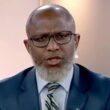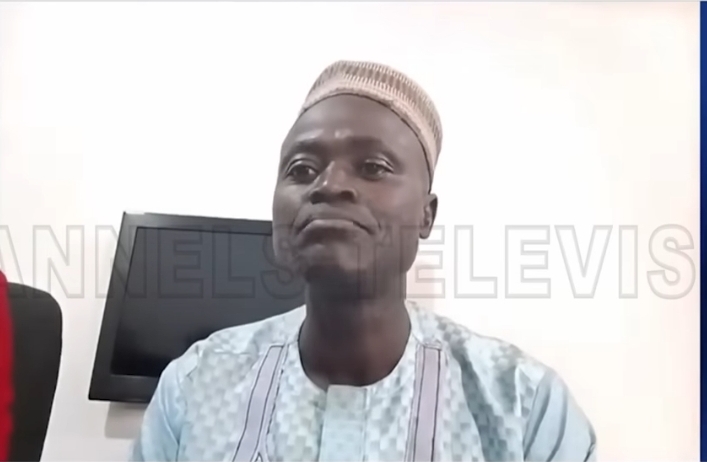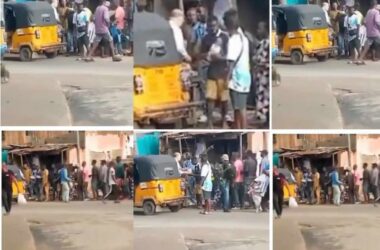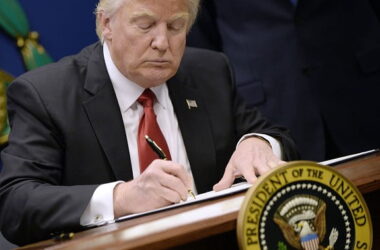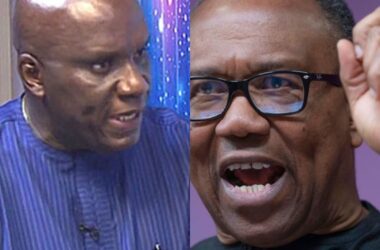The Irigwe community of Plateau State has cried out in anguish as survivors recount the horrifying losses inflicted on their people in what they describe as a sustained campaign of violence, leaving over 1,120 dead since 2001.
Appearing on Inside Sources with Laolu Akande on Channels Television on Sunday, survivors gave chilling firsthand accounts of the devastation that has shattered families and left communities in ruins.
Yusuf Mwa, a grieving survivor, narrated the horrific attack that stole his loved ones.
“I lost my uncle, my daughter, my sister,” he said. “My sister too, she lost her three children and her husband.”
According to Mwa, his uncle had noble dreams for his family “His plan for his children was for them to further their education. When they get jobs after graduation from tertiary institution and take … that the father have left.”
Describing the harrowing scene, Mwa recalled how the attackers “surrounded the area and started shooting from the streets,” while others “entered houses, slaughtered people like cows, and set the homes ablaze.”
Mwa noted “They [the attackers] surrounded the area and started shooting from the streets.”
Personalizing his losses, Mwa named his relatives: “My uncle’s name is Mr. Musa Dago. He had one wife and three children. My sister is Jumai Stephen. She lost her husband, Stephen John, and their three children.”
Many other families, he added, were similarly wiped out in a single night of terror.
Barrister Redzie Jugo, a board member of the Irigwe Development Association, also painted a grim picture of relentless bloodshed that has gone largely unacknowledged by the authorities.
“From 2001 till date, we are talking about not less than 1,120 individuals that have been killed in Irigwe community,” he said with deep emotion.
Jugo expressed profound frustration at the way officials continue to downplay the crisis as mere “communal clashes.”
“This is a recurring decimal for so long. And it needs to come to a halt,” he stressed.
“I felt very sad to hear government officials say this was a communal thing. This is a massacre. This is a genocide. It is not a communal thing.”
He further alleged that the perpetrators are well known to the community.
“We know these individuals committing these crimes. We know them by names,” he said, accusing authorities of deliberate negligence.
“Nobody seems to really care about what happens in Irigwe land, maybe because we are not mainstream,” Jugo lamented.
For the Irigwe people, the loss is not just in numbers, but in the destruction of families, homes, and a once-thriving community. The survivors’ testimonies reveal a pattern of systemic violence that has been allowed to fester under the guise of communal disagreements, emboldening the attackers to operate with near-total impunity.
As the killings continue unabated, the Irigwe community is making an urgent plea to the federal and state governments, security agencies, and the international community: treat the violence as crimes against humanity.



